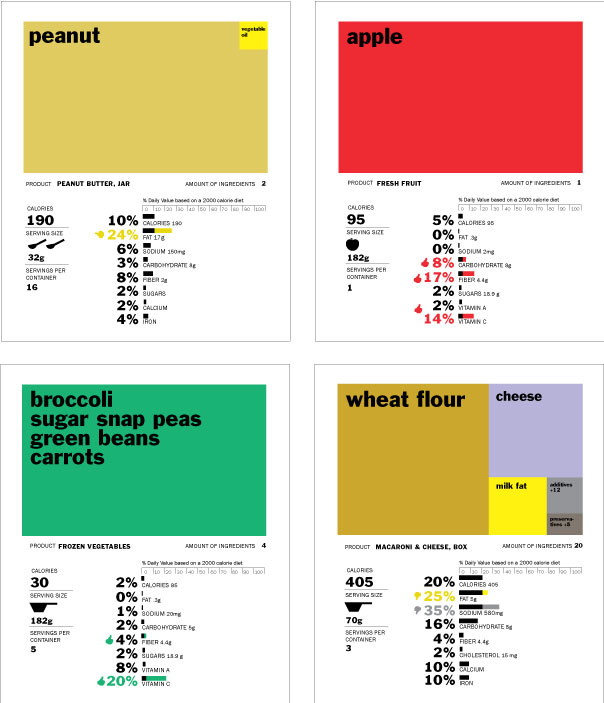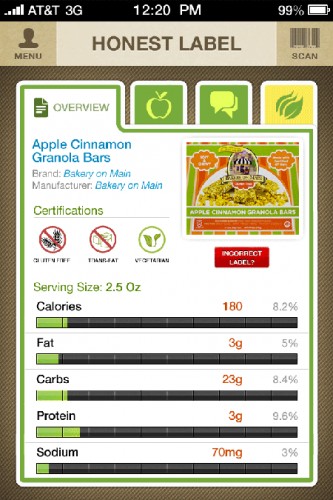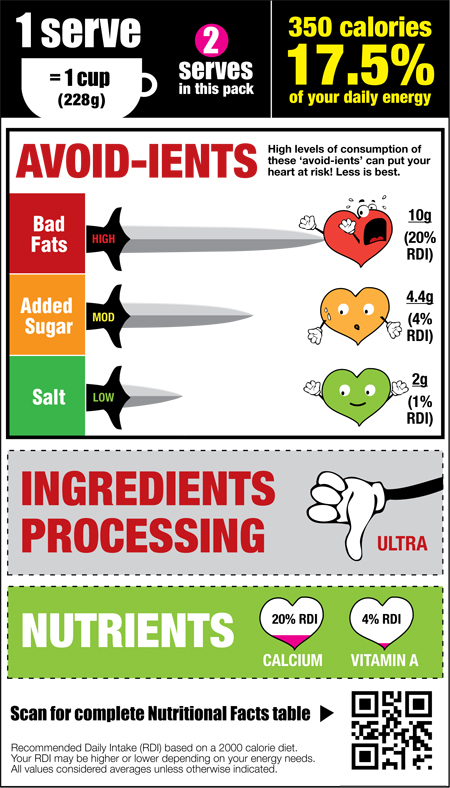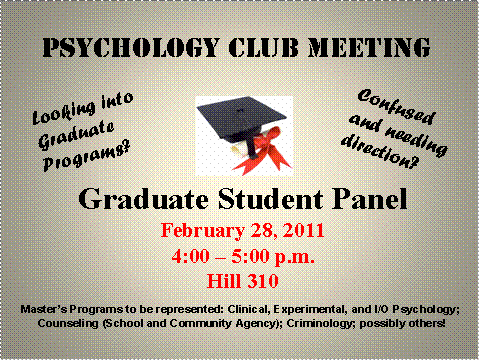The Society for Neuroscience has created a wonderful resource that could potentially be utilized by those of us who can get our kids to the internet or for use during snow days or other cancellations. It could also be used in a webquest. Wonderful name as well: "NERVE: Virtual Encycloportal." I do believe they have engaged in creating a new word, a neologism.
After the welcome page, the user is directed to this page where there are links to various themes including addiction, anatomy of the brain, and much more as you can see from the graphic on the left.
Each theme has numerous links to other resources that provide an incredible wealth of information and graphical representation of each topic. One could literally spend days examining all the sites.
In fact, I will be starting my background research for my neuroscience, mental health, and sensation and perception units from this page. There are just so many incredible resources.
Do take the time to visit the site and search through the topics.
Core Concepts in Neuroscience is a booklet that is downloadable for teachers and students to use. Not only is there the booklet, but there is a short PowerPoint that you can download.
posted by Chuck Schallhorn
A resource for any teacher of high school psychology, whether AP, IB or Introduction to Psychology
Saturday, July 30, 2011
Friday, July 29, 2011
Rethinking food labels
One thing I am always on the lookout for is an idea that fits into many different areas of psychology. In issues like these, we can ask students to draw in several different content areas in novel ways, but perhaps even more importantly, they are fresh and new. It's hard for students to plagiarize from one year to the next if your assignment incorporates ideas that weren't even around last year.
This is one of them. Rethink the Food Label is a project by the UC Berkeley Graduate School of Journalism’s News21 program and Good Magazine. They asked the public to revise the current food label with better labels that "make it easier to read and more useful to people who want to consume healthier, more nutritious and wholesome food." In the space below you'll see more examples, but I hope that you can think of some ways to incorporate this in your class: human factors, heuristics, framing, hunger motivation, and persuasion techniques come to my mind. How else can you use this? And what other areas could you apply this to besides food labeling?
-- posted by Steve
This is one of them. Rethink the Food Label is a project by the UC Berkeley Graduate School of Journalism’s News21 program and Good Magazine. They asked the public to revise the current food label with better labels that "make it easier to read and more useful to people who want to consume healthier, more nutritious and wholesome food." In the space below you'll see more examples, but I hope that you can think of some ways to incorporate this in your class: human factors, heuristics, framing, hunger motivation, and persuasion techniques come to my mind. How else can you use this? And what other areas could you apply this to besides food labeling?
-- posted by Steve
Wednesday, July 27, 2011
"If You Love Something, Set it Free"
Sometimes I must just share something that amuses me. This cartoon makes me giggle. It was the Zits cartoon from July 27, 2011. I will be showing this to my students and asking them to make connections to course content. Just off the top of my head, I can connect it to brain and neuroscience, social psychology, cognition, and motivation. I'll let our kids find the specifics. :)
Posted by Chuck Schallhorn
Saturday, July 23, 2011
Migraines
At some point every semester, one or more students will ask, "what causes headaches?" and/or "what causes migraines?" I usually pull out one of my posters that are not already on the wall about the topic (the second edition is to the right--my poster is the first edition from anatomical.com http://www.anatomical.com/product.asp?pn=9780781776592). Most texts that I've seen rarely deal with the subject since it's more medical than psychological.
Today, while on facebook, PBS offered this little article about migraines. It also had a wonderful little graphic--I love how artists are increasingly making incredible looking graphics related to the body and brain.
Posted by Chuck Schallhorn
Today, while on facebook, PBS offered this little article about migraines. It also had a wonderful little graphic--I love how artists are increasingly making incredible looking graphics related to the body and brain.
Posted by Chuck Schallhorn
Friday, July 22, 2011
Neuroscientist David Eagleman on Colbert Report on 7/21/11
I was catching up on some television watching when I discovered this little nugget. Dr. David Eagleman has written the book, Incognito: The Secret Lives of the Brain which examines the various processes that occur without the conscious mind being aware. The reviews on Amazon are mixed, but for those of us who are not in the neuroscience field, it could be a good read. In the interview, he comes across as a younger, cool, hip and bright neuroscientist. He does not come off all like the stereotypical stodgy scientist image. It's a short, fun interview. Who knows, it may just make a student interested in the brain.
which examines the various processes that occur without the conscious mind being aware. The reviews on Amazon are mixed, but for those of us who are not in the neuroscience field, it could be a good read. In the interview, he comes across as a younger, cool, hip and bright neuroscientist. He does not come off all like the stereotypical stodgy scientist image. It's a short, fun interview. Who knows, it may just make a student interested in the brain.
posted by Chuck Schallhorn
| The Colbert Report | Mon - Thurs 11:30pm / 10:30c | |||
| David Eagleman | ||||
| www.colbertnation.com | ||||
| ||||
posted by Chuck Schallhorn
Thursday, July 21, 2011
Psychology Clubs

Recently on one of the psych teacher listservs, questions about and interest in psychology clubs have manifested themselves. Images in this post are from various university psychology clubs.
I went back into my files and found these ideas from an old Chicagoland Teachers of Psychology (ChiTOPSS) conference from the 90s).
- Create "Did You Know?" posters are place around campus (words and graphics) during a "Psychology Awareness Week"
- social facilitation
- speed of neurons
- sleep disorders
- vision tricks
- positive psychology
- pets and learning principles
- developmental info about children and teens
- bystander apathy and helping behavior
- etc.
- Create bookmarks or placeholders on card stock with an optical illusion on one side and psych info on the other
- Publish a campus-wide newsletter or short info sheets about major topics (depression, stress, suicide prevention, etc., anything to increase visibility of psychology)
- Host speakers on topics relevant to teens
- Host seminars and discussions on relevant topics to teens
- Conduct demonstrations to members of the student body to increase interest
- Organize field trips
- Show videos that you do not have time to show in class
- Keep a question box near your classroom (or use an internet based questionnaire) and students in the club can research the answers and display them)
- Design club t-shirts
- Organize a psychology fair
- Create "psychology passes" for use when sending students from your class
One overall goal was to "a club dedicated to enhancing the experience and appreciation of psychology to all students through a variety of social and educational activities." (from TCNJ)
With this kind of overall goal in mind, one can do quite a variety of activities. Just examine the list above and check out what kinds of awareness activities are already done in your community on any activity.
If you have additional ideas, please post in the comments section.
A quick search of google for "psychology club" yielded hundreds of results, mostly at the university level.
posted by Chuck Schallhorn
Tuesday, July 12, 2011
Hello from Clark University!
Let me just say this: if I (Steve) had a bucket list, I would be one step closer to completing it - I got to meet Kristin Whitlock! And not only have I been able to meet her, but I have had the pleasure of presenting with her at the 7th annual APA/Clark University Workshop for high school psychology teachers. We have had an awesome two days and I'm sad that it's going to wrap-up on Wednesday. I will be posting more about the workshop later in the month, but let me just encourage you all to apply for next year's workshop. (And what's the best way to learn about this workshop and others for psych teachers? That's right - by joining TOPSS!)
What's so great about Clark? You get to hang out with 25 amazing fellow teachers, learn from each other, hear the latest research from terrific presenters and get treated royally by the terrific folks at APA and Clark University. This workshop is made possible by the generosity of Dr. Lee Gurel who should be deemed the parton saint of high school psychology teachers. I was really excited this week to learn that Lee subscribes to the THSP blog and reads it regularly!
And to my fellow moderators: now that I've met Kristin, I'm hoping to meet the rest of you this December at NCSS - right? We'll do our presentation on THSP and have a grand time in DC as well!
What's so great about Clark? You get to hang out with 25 amazing fellow teachers, learn from each other, hear the latest research from terrific presenters and get treated royally by the terrific folks at APA and Clark University. This workshop is made possible by the generosity of Dr. Lee Gurel who should be deemed the parton saint of high school psychology teachers. I was really excited this week to learn that Lee subscribes to the THSP blog and reads it regularly!
And to my fellow moderators: now that I've met Kristin, I'm hoping to meet the rest of you this December at NCSS - right? We'll do our presentation on THSP and have a grand time in DC as well!
Friday, July 8, 2011
Stanford Prison Experiment: where are they now?
The July/August issue of the Stanford Alumni magazine features a retrospective on the Stanford Prison Experiment which took place 40 years ago this summer. In addition to the expected Q&A with "warden" Philip Zimbardo, the article includes interviews with co-researcher Craig Haney, Christina Maslach (the graduate student/girlfriend of Zimbardo who was the "whistleblower"), two guards and one prisoner.
In the interviews I found some interesting comments. One of the guards, Dave Eshelman, called "John Wayne" because of his sadistic behavior, denied that the situation provoked cruelty from him. Rather, he says, he was actively playing a part:
Zimbardo, for his part, seems to be working hard to be known for more than just "the prison experiment guy." Last year on THSP I described his work with the Heroic Imagination Project, and just last week he was interviewed on NPR on the same subject. But really - after 21 years on PBS stations and in countless high school and college classrooms - isn't he also very well known as the host of Discovering Psychology? That alone should be his claim to fame!
--posted by Steve
In the interviews I found some interesting comments. One of the guards, Dave Eshelman, called "John Wayne" because of his sadistic behavior, denied that the situation provoked cruelty from him. Rather, he says, he was actively playing a part:
"What came over me was not an accident. It was planned. I set out with a definite plan in mind, to try to force the action, force something to happen, so that the researchers would have something to work with. After all, what could they possibly learn from guys sitting around like it was a country club? So I consciously created this persona. I was in all kinds of drama productions in high school and college. It was something I was very familiar with: to take on another personality before you step out on the stage. I was kind of running my own experiment in there, by saying, "How far can I push these things and how much abuse will these people take before they say, 'knock it off?'" But the other guards didn't stop me. They seemed to join in. They were taking my lead. Not a single guard said, "I don't think we should do this."Another guard, John Mark, takes Zimbardo to task for what he sees as Zimbardo's claim that events just happened by themselves:
"During the day shift, when I worked, no one did anything that was beyond what you'd expect in a situation like that. But Zimbardo went out of his way to create tension. Things like forced sleep deprivation - he was really pushing the envelope. I just didn't like the whole idea of constantly disturbing people and asking them to recite their prisoner numbers in a count. I certainly didn't like when they put a guy in solitary confinement ... I didn't think it was ever meant to go the full two weeks. I think Zimbardo wanted to create a dramatic crescendo, and then end it as quickly as possible. I felt that throughout the experiment, he knew what he wanted and then tried to shape the experiment—by how it was constructed, and how it played out—to fit the conclusion that he had already worked out. He wanted to be able to say that college students, people from middle-class backgrounds—people will turn on each other just because they're given a role and given power. Based on my experience, and what I saw and what I felt, I think that was a real stretch. I don't think the actual events match up with the bold headline. I never did, and I haven't changed my opinion."Richard Yacco, who was one of the prisoners, now teaches at an inner city high school in Oakland. He makes some intriguing comparisons between the SPE and the lives of his students, and expresses frustration with how the "power of the situation" impacts them:
"But what frustrates my colleagues and me is that we are creating great opportunities for these kids, we offer great support for them, why are they not taking advantage of it? Why are they dropping out of school? Why are they coming to school unprepared? I think a big reason is what the prison study shows—they fall into the role their society has made for them."I would love to do a longer interview with Yacco, but can't find an e-mail for him at the moment. If anyone else can, please let me know in the comments.
Zimbardo, for his part, seems to be working hard to be known for more than just "the prison experiment guy." Last year on THSP I described his work with the Heroic Imagination Project, and just last week he was interviewed on NPR on the same subject. But really - after 21 years on PBS stations and in countless high school and college classrooms - isn't he also very well known as the host of Discovering Psychology? That alone should be his claim to fame!
--posted by Steve


















